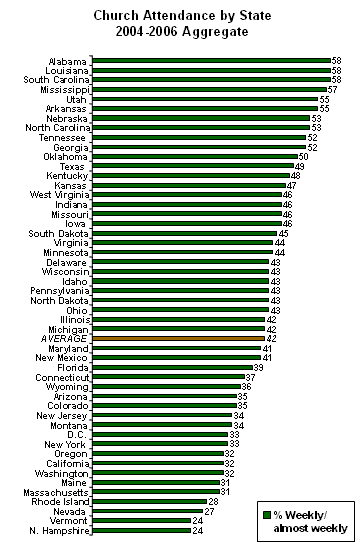Something I could not help but notice over the holidays is the near complete purging of Christ from Christmas. This has been a topic of debate for years now, but the steady retreat of Christianity from the public space is remarkable. Not too long ago, America had a president who was overtly Christian. He talked about Christ in public and regularly attended services. Within living memory, public figures would take time during Christmas to proclaim their faith and wish their fellow Christians Merry Christmas.
Today, we have mainstream news sites debating whether we should move Christmas to a weekend, rather than its traditional date. I had exactly zero cards this year with the word Christmas on them. Instead it was happy holidays, as if there were a variety of holidays from which to choose. When I said “Merry Christmas” to people, they looked at me like I was a heretic. Not everyone, some people brightened up and return the favor, but the fact is, the bad guys have won on the issue of Christmas.
According to Wikipedia, 43% of Americans attend church regularly. Without digging into the statistics, I would expect some large portion of the 57% to be “C&E” Christians. That is, people who attend at Christmas and Easter. That’s significant compared to other first world countries. France is at 12% and Canada are at 20%. These are two nations with historically high religiosity. Parts of central Europe have attendance rates in the single digits. In the West, Christianity is just about dead, but America remains a hold out.
The signs, however, point to that changing. One of those signs is the near perfect elimination of Christianity from Christmas now. Within living memory a mainstream publication would have avoided publishing an article about moving Christmas. Today it gets a shrug. A lot of that has to do with the elites abandoning Christianity for multiculturalism and various Progressive fad. They have also decided that Christianity is for the bad people, so it has become a mark of goodness to not be a Christian.
The regional breakout on church attendance is interesting:

The lower rate of church attendance seems to correlate with the embrace of Progressive politics, but it also tracks with regionalism. At the bottom is the ancestral home of the American round heads, while the top is where we find the cavaliers. The one exception is Utah, which was founded by heretics from the old New England Protestantism. Even so, there are not a lot of Republican states in the bottom half of that chart.
There are exceptions, but those exceptions seem to be so-called battleground states like Florida. I cynical eye would say these states are slowly sinking into the same morass as the low-marriage, low church attendance states. In a decade they will go from states that trend against the Left to states that are reliably Left like Pennsylvania and Michigan. Every four years the non-liberals would get their hopes up and think they have a shot to win there, only to find out the Left rallied enough of their supporters to carry the day.
